Ghana
Ghana is committed to managing its debt without assistance from the International Monetary Fund (IMF), Finance Minister Ken Ofori-Atta said.
At a press conference in Accra on Thursday, May 12, the finance minister expressed confidence that government measures were moving the country in the right direction.
According to government data, Ghana’s public debt which was at about 77% of its gross domestic product at the end of 2021 drove the country into crisis.
Due to this, the government has put in place several measures aimed at generating more revenue to strengthen the economy.
The controversial electronic levy and the cuts in the salaries of public officials are all part of the measures to restore a depreciating local currency and reassure investors.
The introduction of the new tax has seen its own criticisms from the opposition and a majority of Ghanaians.
"We have committed to not going back to the fund because... the fund knows we are [moving] in the right direction," Ofori-Atta said.
"It's about validating the program we have in place and finding other ways of handling our debt."
Speaking at a Townhall meeting on the E-levy on Thursday, February 10, in the Northern part of the country, the minister said that a return to IMF will have dire consequences.
He also indicated that Ghana had the capacity to raise domestic revenue for development.
The gold, oil and cocoa producers saw consumer inflation rise to an 18-year record of almost 24% in April despite efforts to contain price hikes and spur recovery.
Ofori-Atta said the priority would be to solve the country's domestic debt, which has interest rates that are three to four times higher than foreign debt.
"We need to decide ourselves what structure would be useful to us," he added.
The central bank in March raised its main lending rate by a record 250 basis points and is expected to review this at the next Monetary Policy Committee meeting on May 23.
Ofori-Atta said another interest rate hike would be a "knee jerk reaction" to "imported inflation", noting that prices had continued to increase since the March increase.
Ghana's credit ratings have been downgraded over concerns about the government's ability to pass legislation to raise revenues.



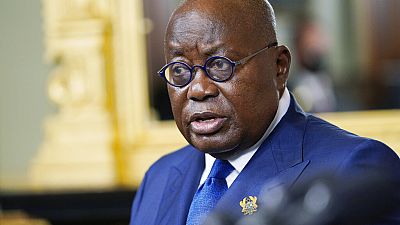

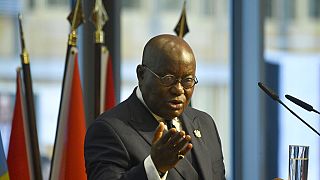
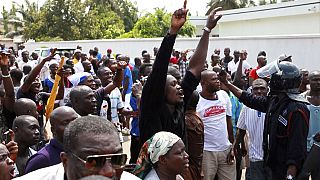
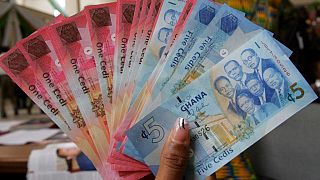


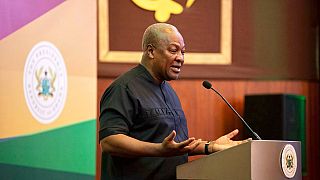

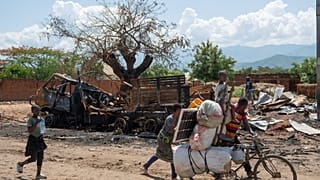

00:58
Nigeria to enforce new tax laws, despite opposition concerns
01:32
Africa Cup of Nations moves to 4-year cycle
00:54
Spanish police evict hundreds of mostly illegal migrants living in a squat
01:06
Trump administration expands U.S. travel ban to five more countries
11:17
African central bank governors revive vision for continental monetary integration {Business Africa}
01:11
Malaria deaths, cases surged in 2024 with gains at stake - Report